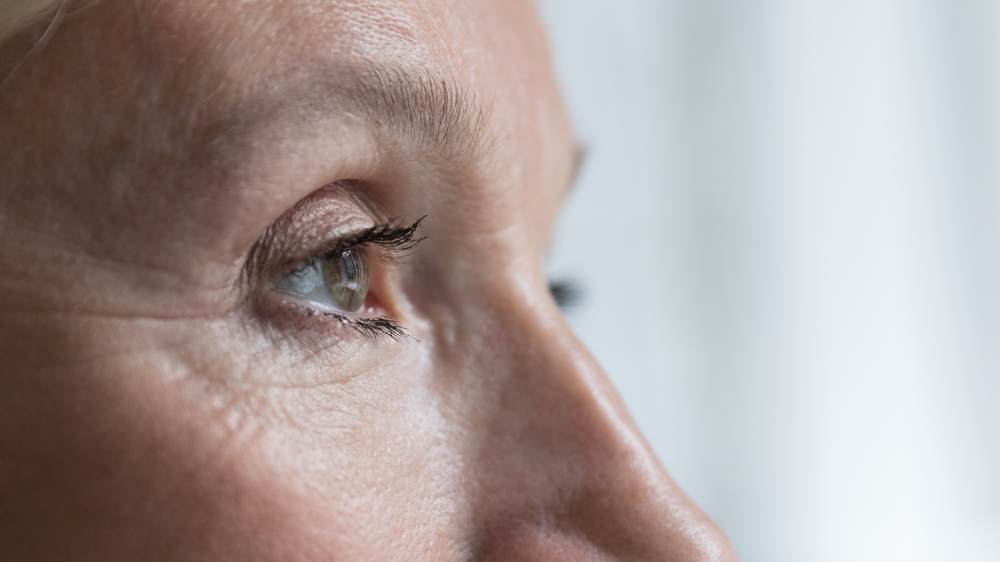
As we age, our eyes undergo several natural changes, and one of the most common issues seniors face is dry eye syndrome. Dry eye occurs when our eyes don’t produce enough tears or when the tears evaporate too quickly, leaving the eyes irritated, red, and uncomfortable. But why does dry eye become more prevalent with age, and what can seniors do to find relief?
Reduced Tear Production
Tear production naturally declines as we age. This means that older adults often don’t have the same volume or quality of tears they did in their younger years, leading to dry, irritated eyes. Tear production can also be affected by certain age-related changes in the eye’s anatomy and functioning.
Hormonal Changes
Hormones play a significant role in tear production, and changes in hormone levels can impact tear stability. For women, hormonal fluctuations after menopause are especially linked to an increased risk of dry eye. Similarly, men experience changes in androgen levels that can affect tear quality and eye comfort.
Medication Side Effects
Seniors are often prescribed medications for various health conditions, from high blood pressure to arthritis. Many medications, including antihistamines, diuretics, and antidepressants, can reduce tear production as a side effect, exacerbating dry eye symptoms.
Medical Conditions
Older adults are more likely to have underlying health conditions like diabetes, rheumatoid arthritis, and thyroid disorders, all of which can contribute to dry eye syndrome. These conditions can disrupt tear production or create inflammation, making it harder for the eyes to stay hydrated.
Changes in the Eyelids
As we age, our eyelids may start to droop or become less effective at spreading tears evenly over the eye’s surface. This can result in uneven tear distribution and quicker tear evaporation, both of which contribute to dry eye.
Tips to Manage Dry Eye in Seniors
1. Use Artificial Tears: Artificial tears can help replenish moisture and reduce irritation. They’re available over the counter and can be used several times a day to keep eyes hydrated.
2. Eat a Balanced Diet with Omega-3s: Omega-3 fatty acids, found in fish, flaxseeds, and walnuts, are known to improve tear quality. A balanced diet rich in these nutrients may help relieve dry eye symptoms over time.
3. Limit Screen Time and Take Breaks: Screen time can exacerbate dry eye symptoms due to reduced blinking. For seniors who enjoy TV or digital devices, remember the 20-20-20 rule: every 20 minutes, look 20 feet away for at least 20 seconds.
4. Consult an Eye Doctor: Chronic dry eye can sometimes require more advanced treatments, such as prescription eye drops, tear duct plugs, or specialized therapies. Regular visits to an eye doctor can help manage symptoms effectively.
Schedule Your Dry Eye Evaluation with Wilson Eyecare Professionals Today
Dry eye is a common issue among seniors, but it doesn’t have to be a persistent discomfort. Understanding the factors that make older adults more susceptible to dry eye can guide prevention and management strategies. At Wilson Eyecare Professionals, we’re here to help you achieve optimal eye health at any age.
Reach out to Wilson Eyecare Professionals to learn more about dry eye treatments and find relief tailored to your needs. Visit our office in Greenfield, Indiana, or call (317) 477-3937 to book an appointment today.






